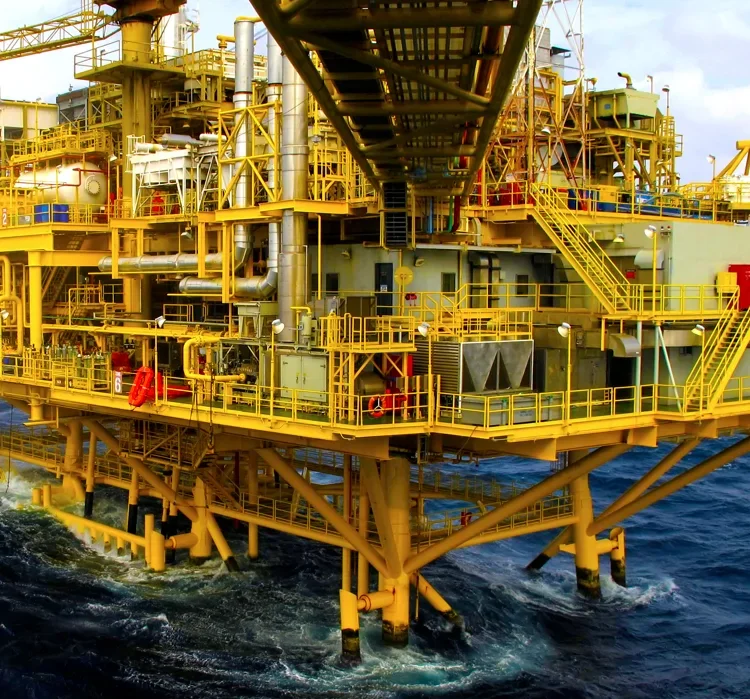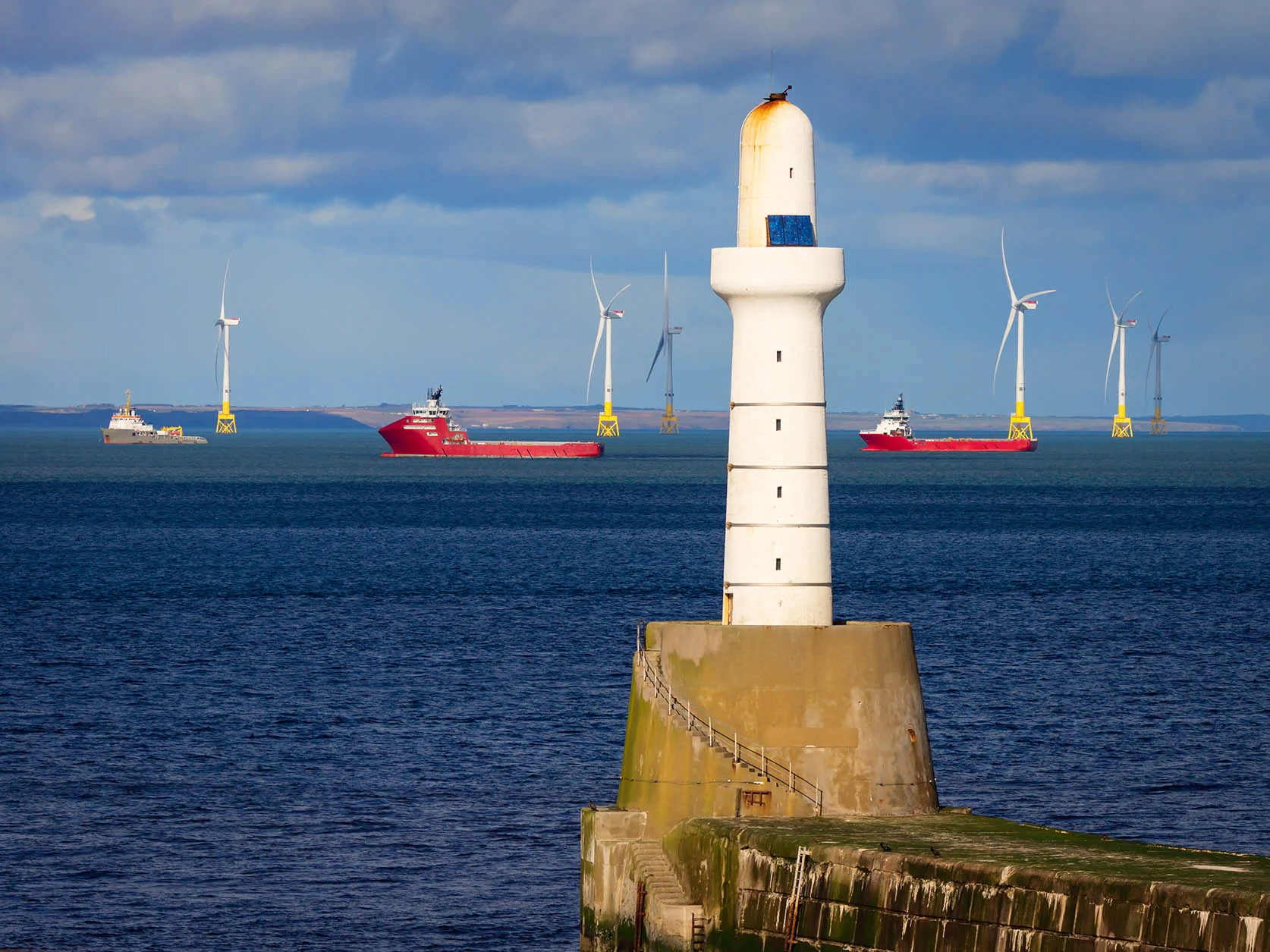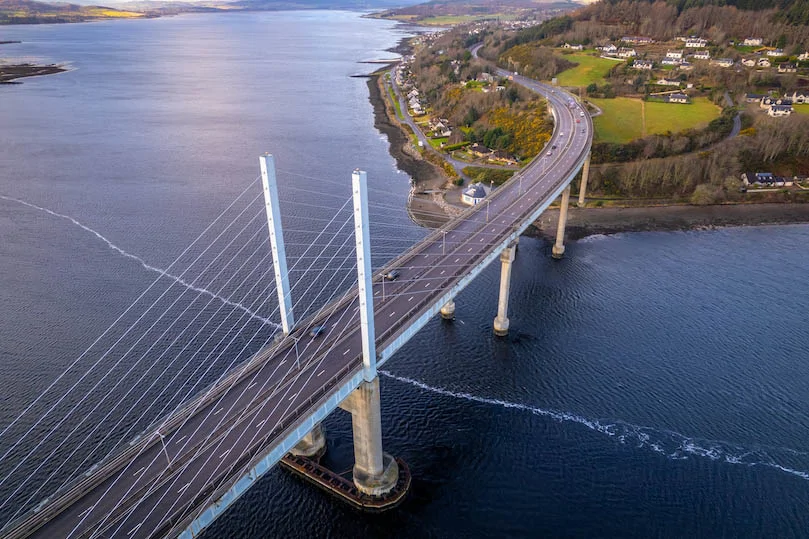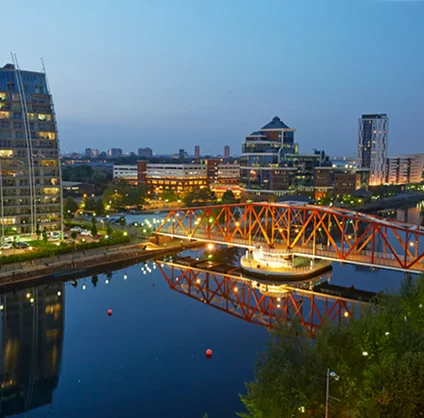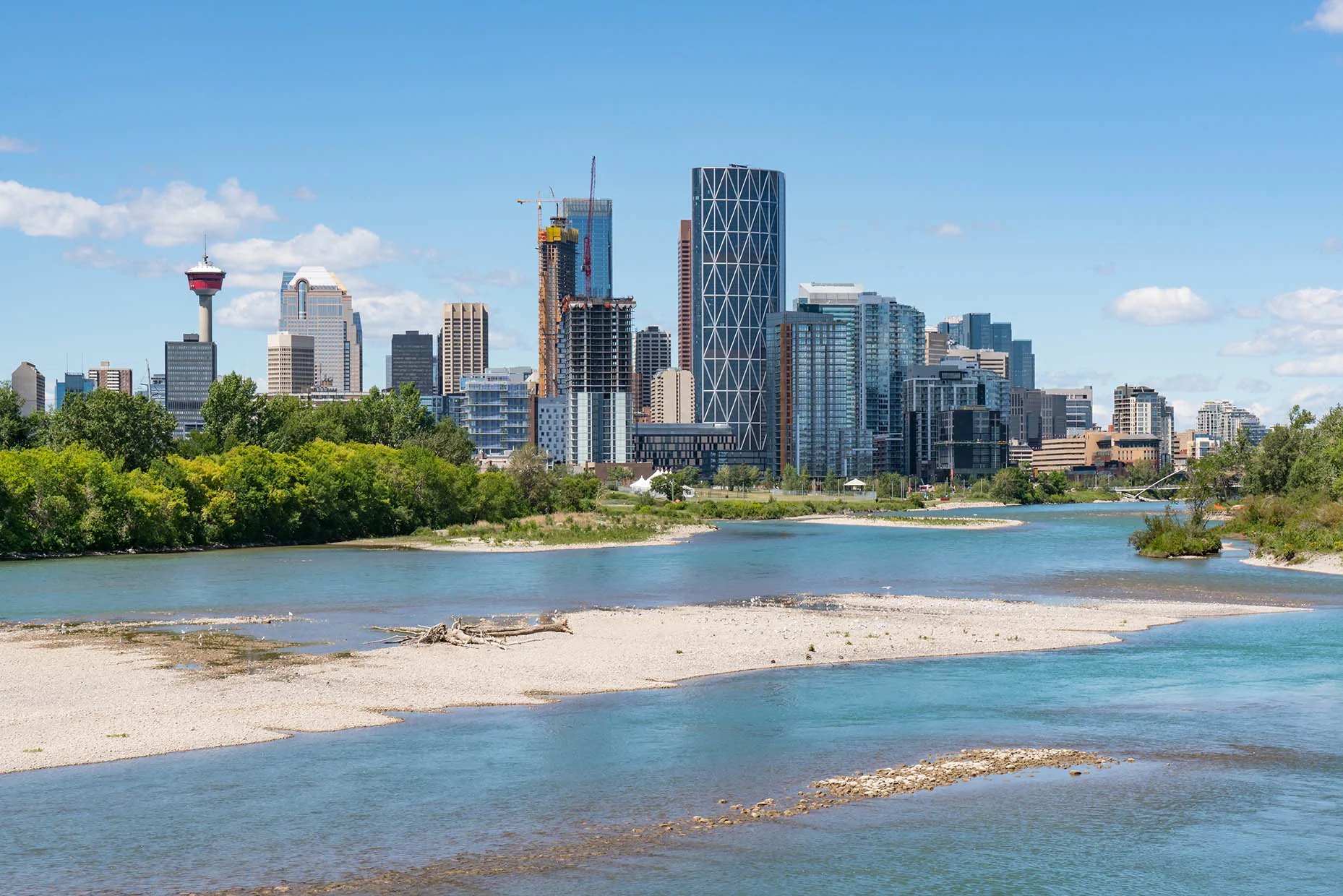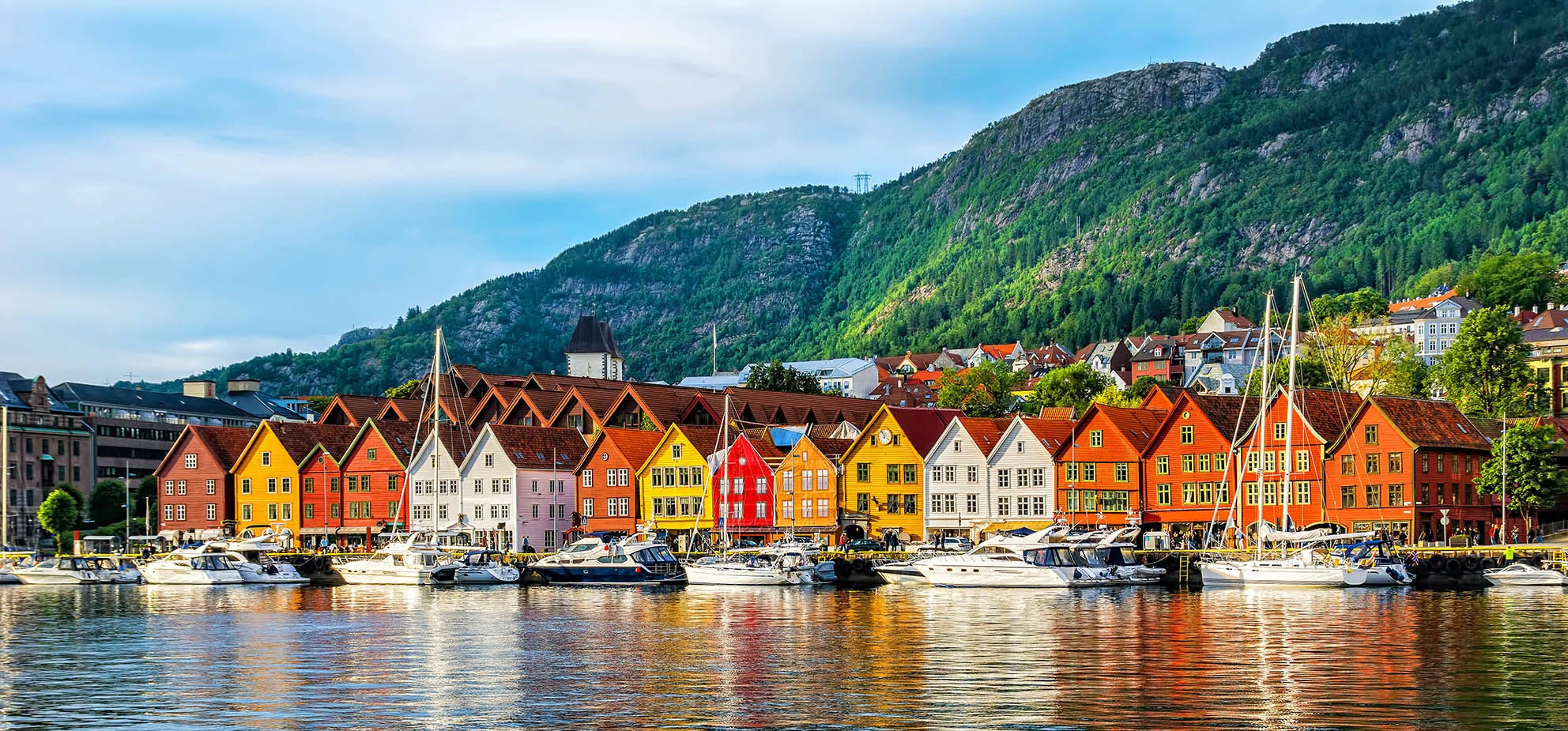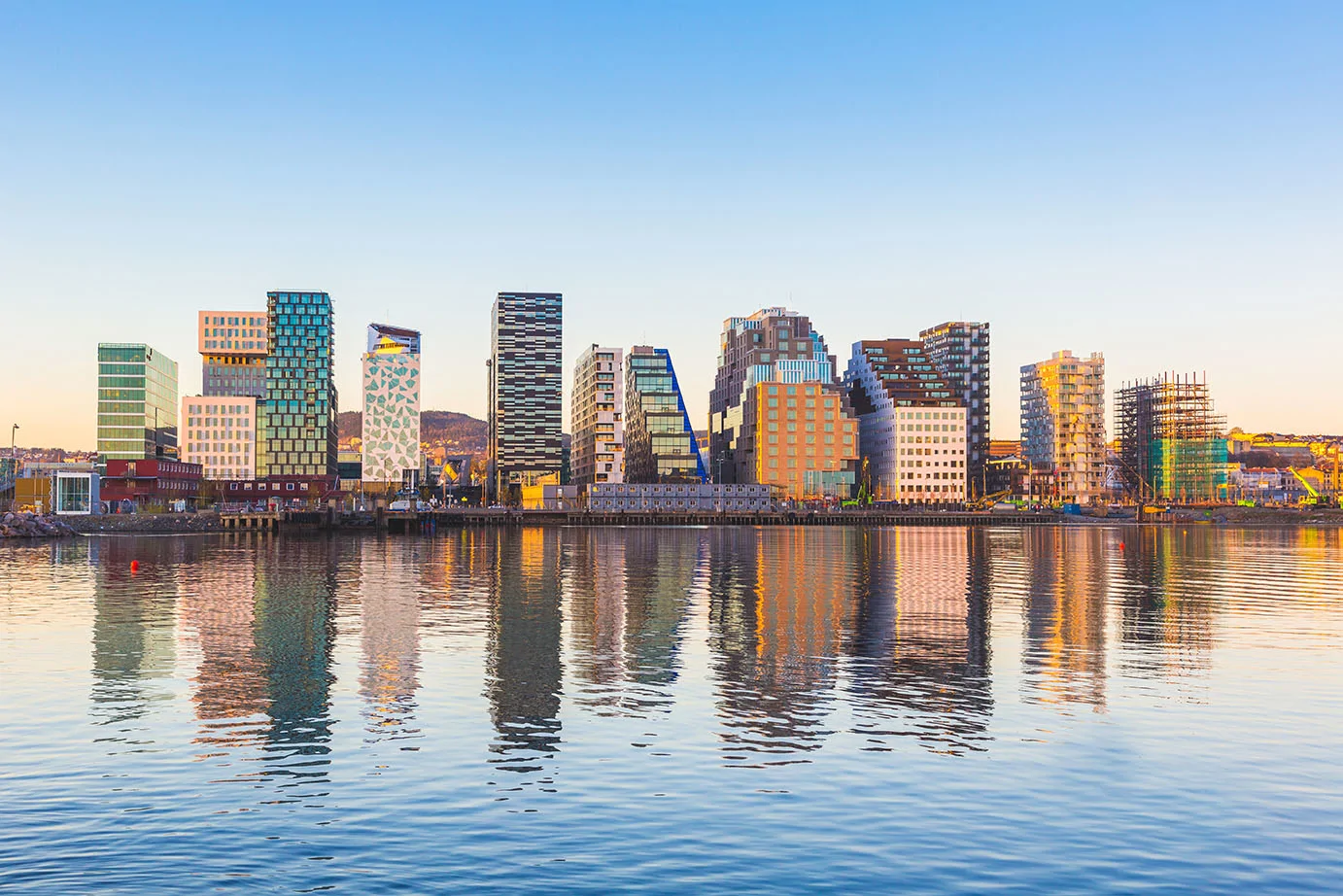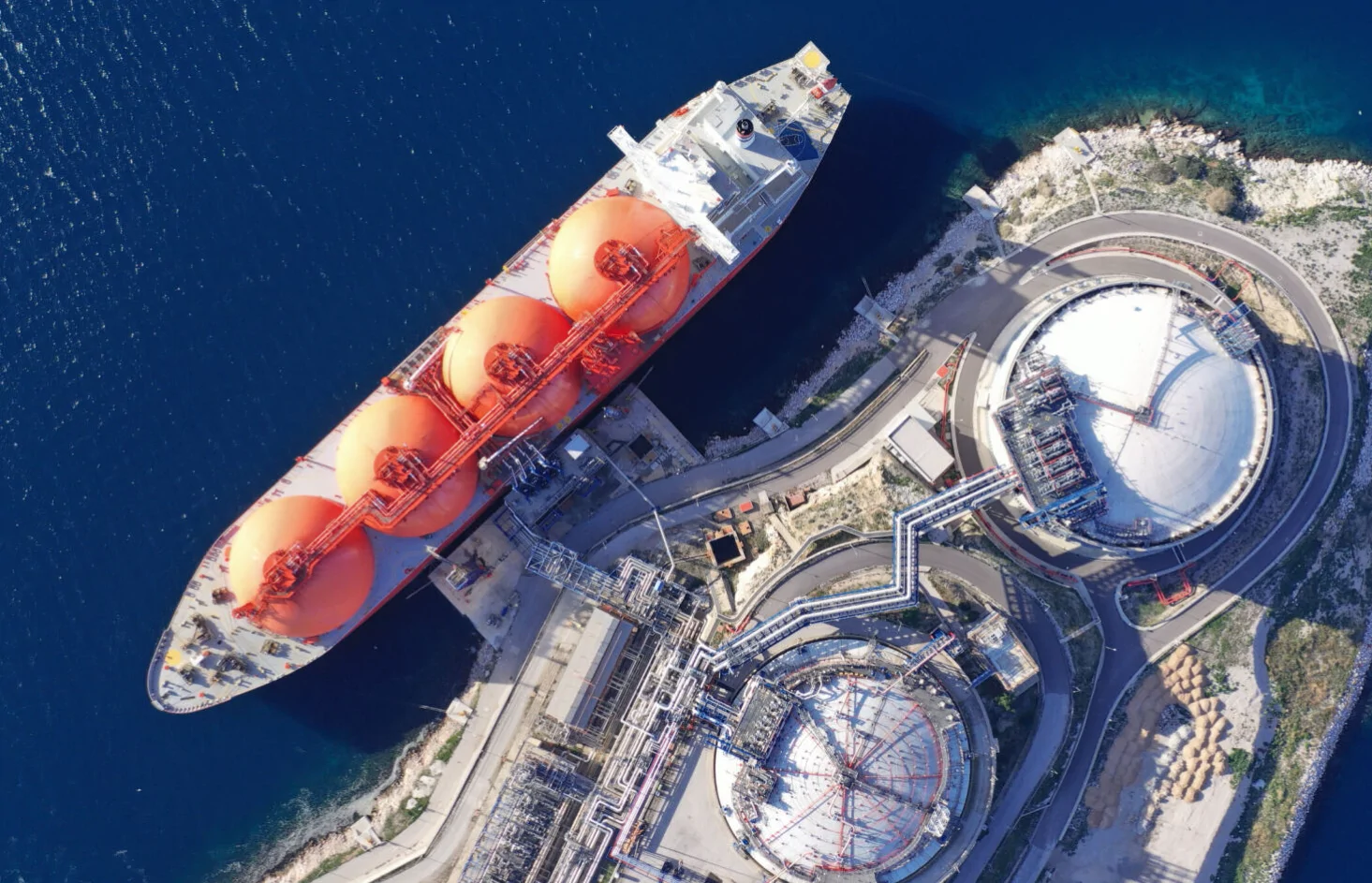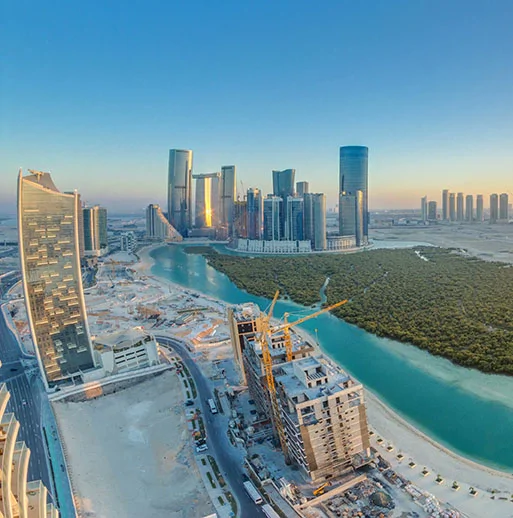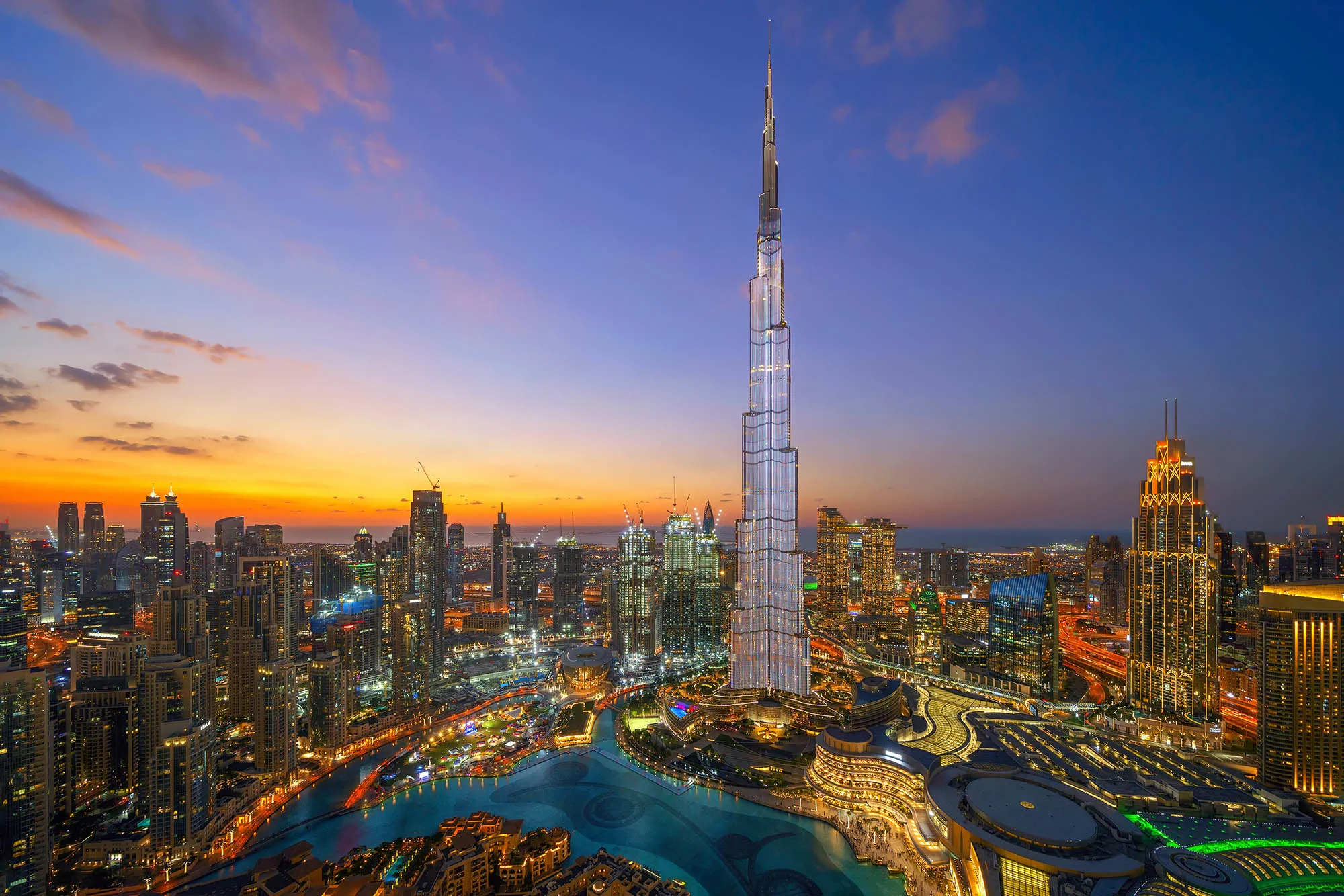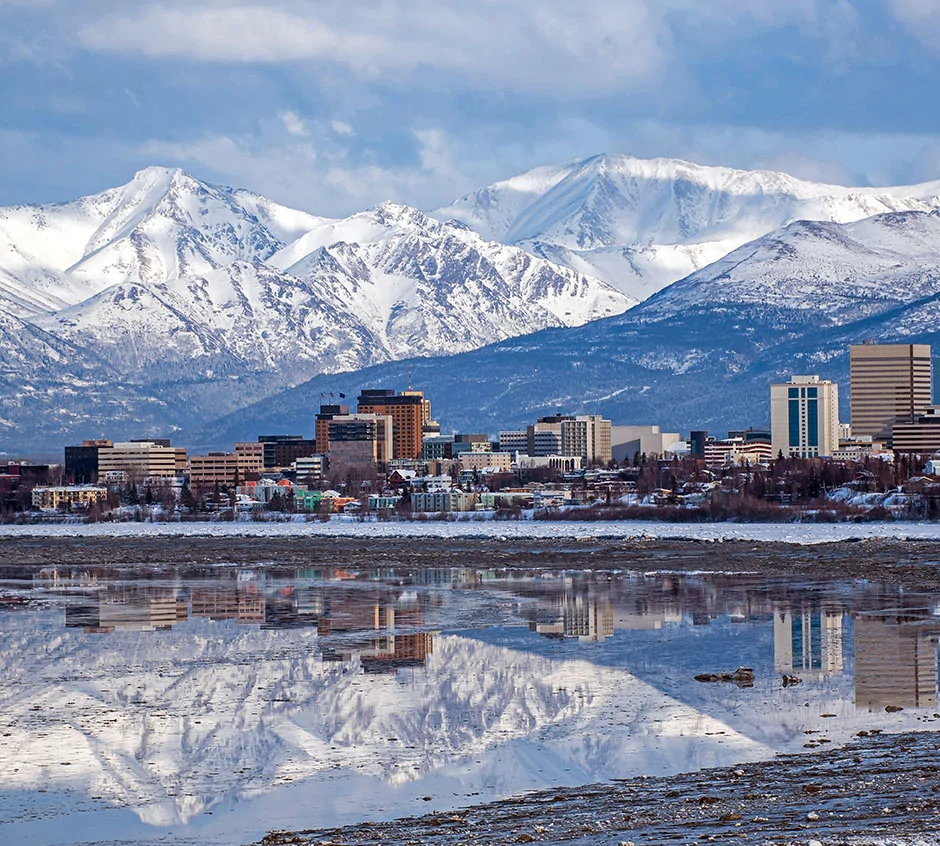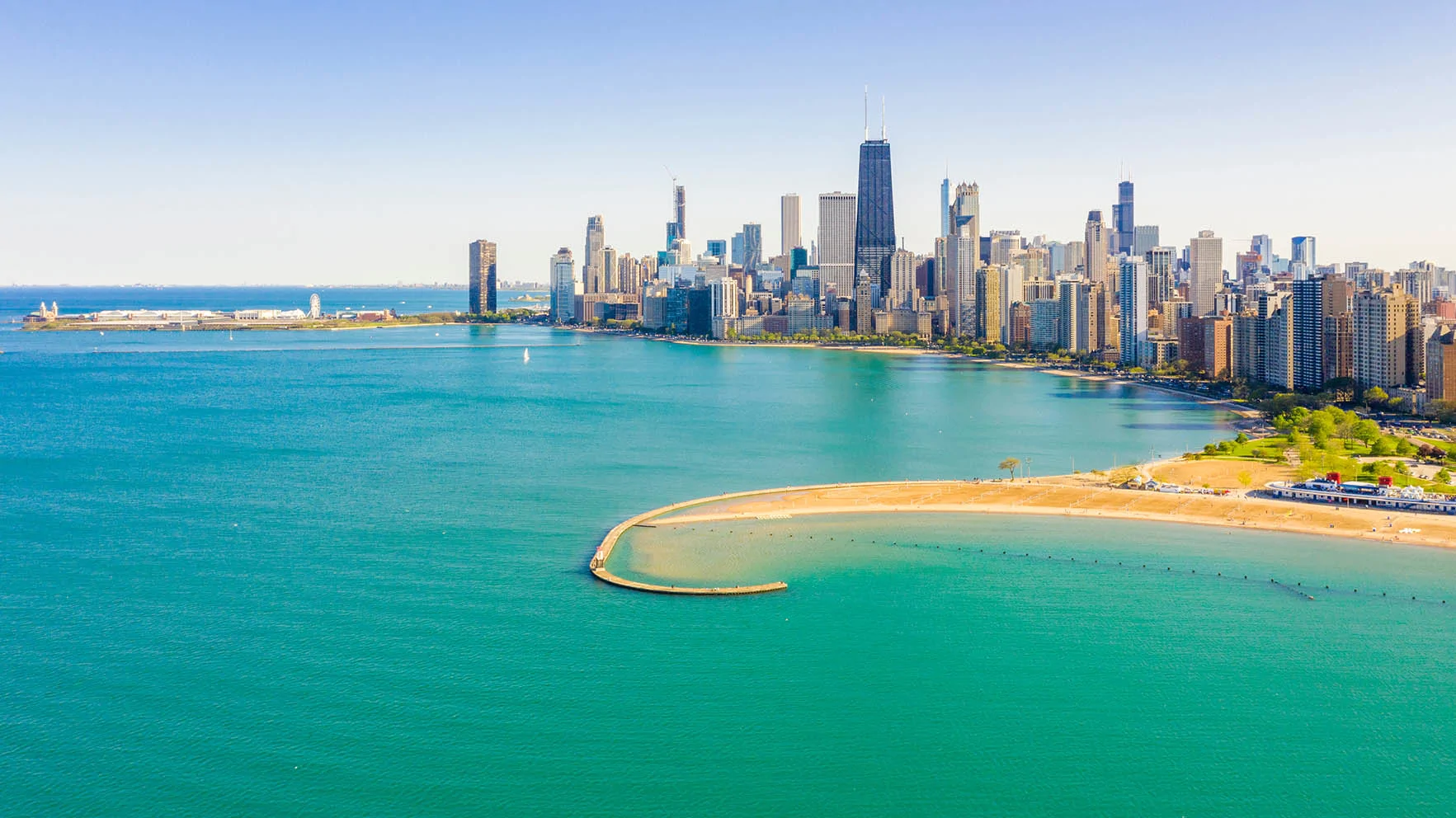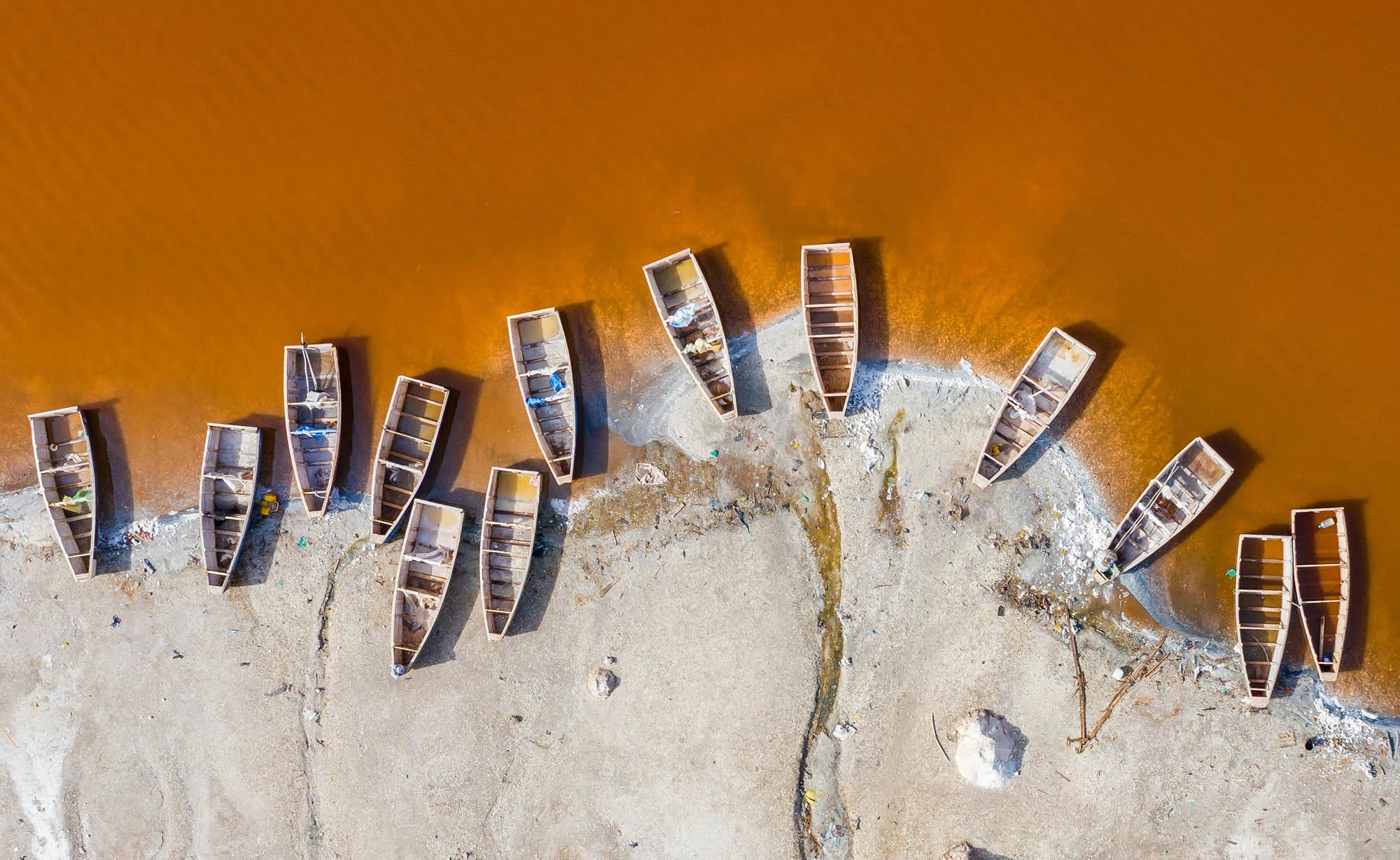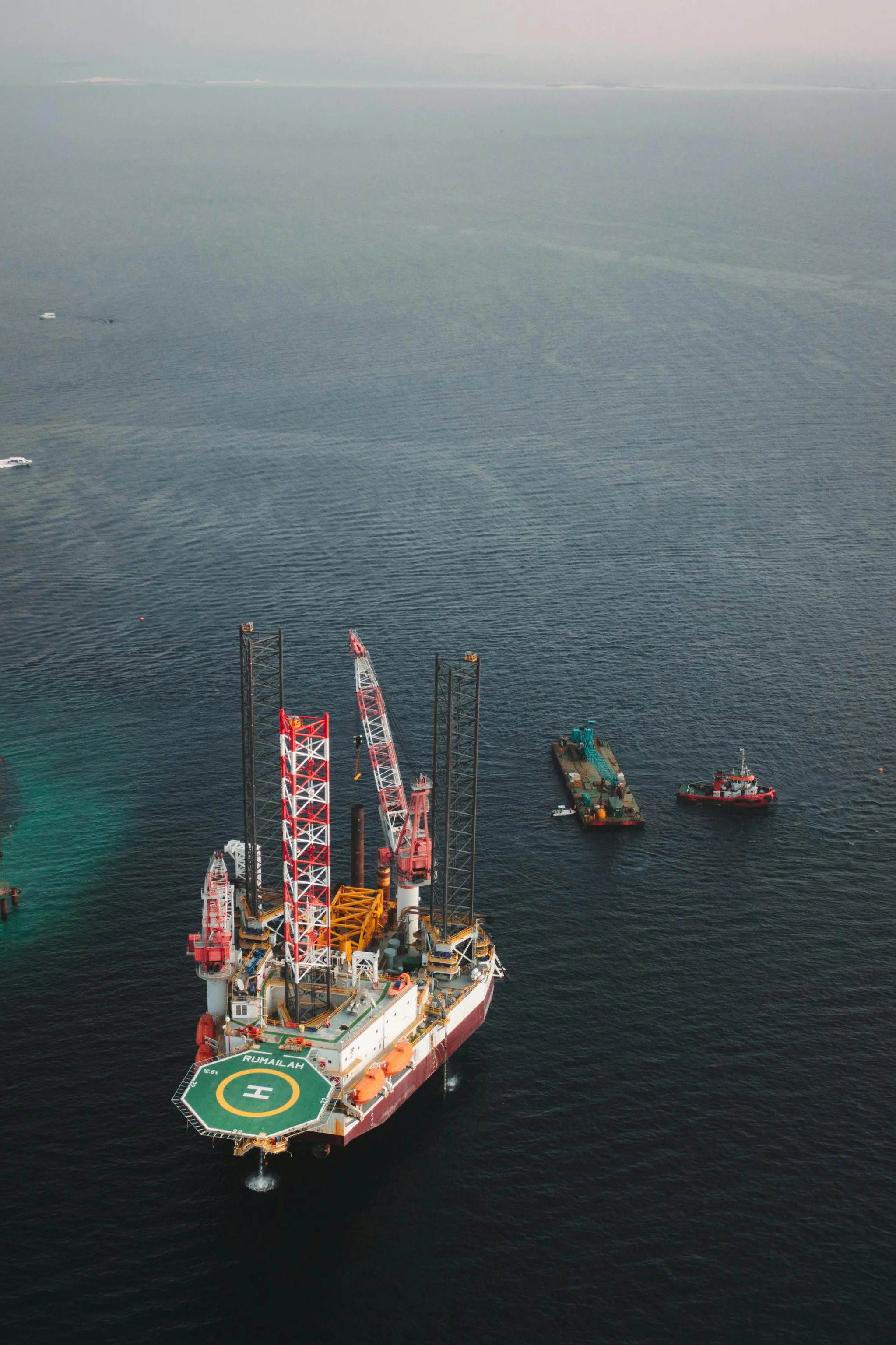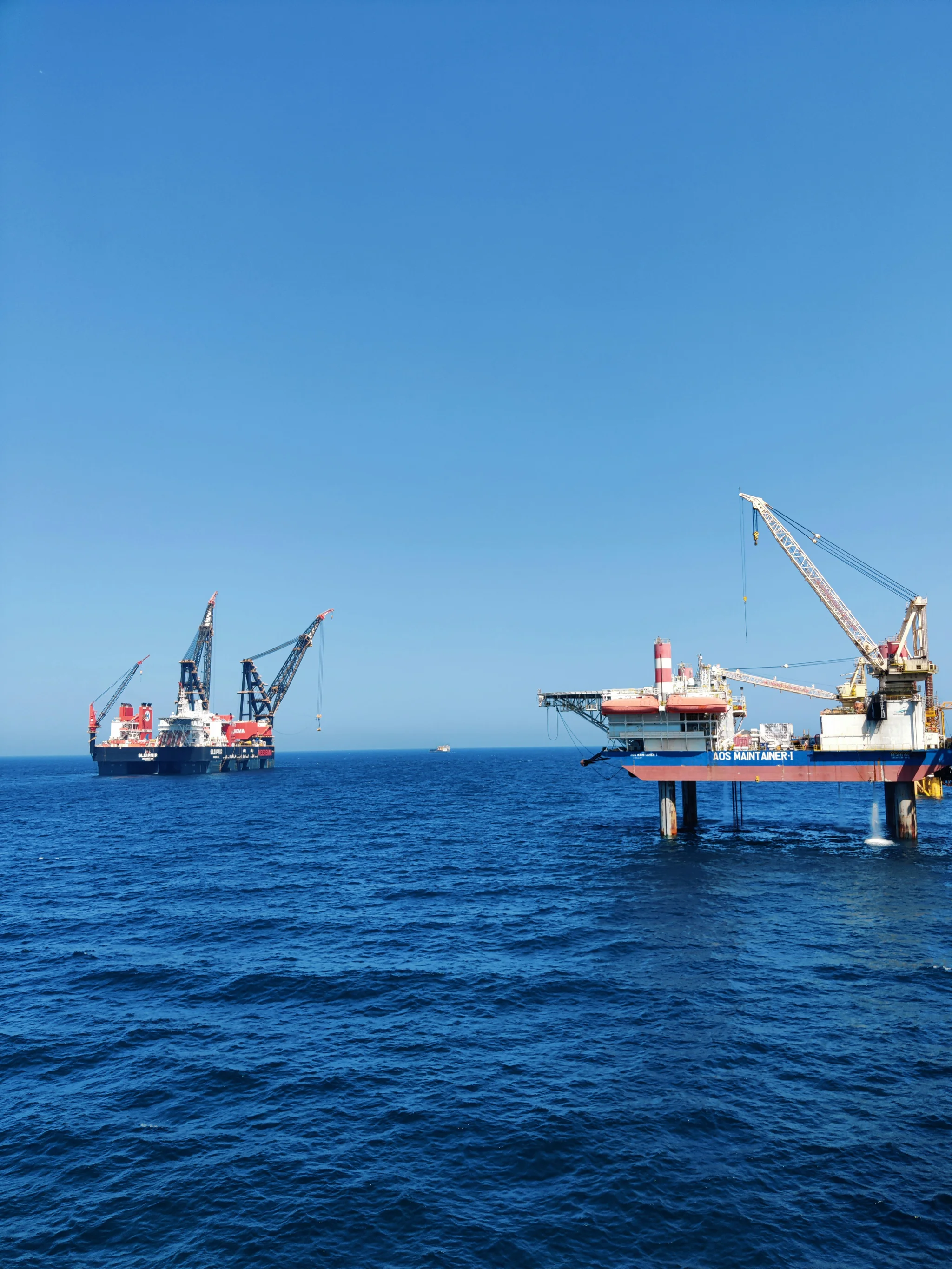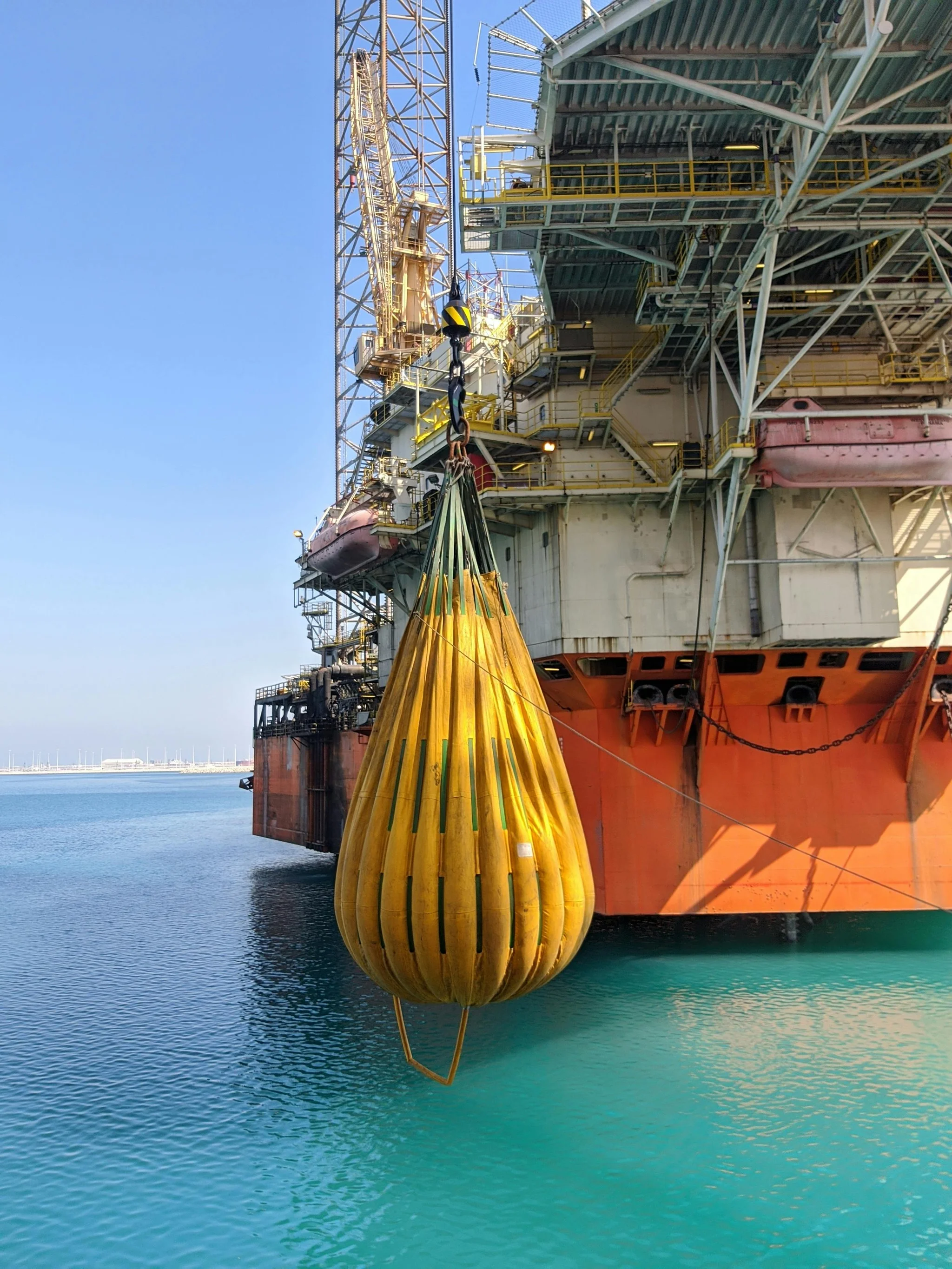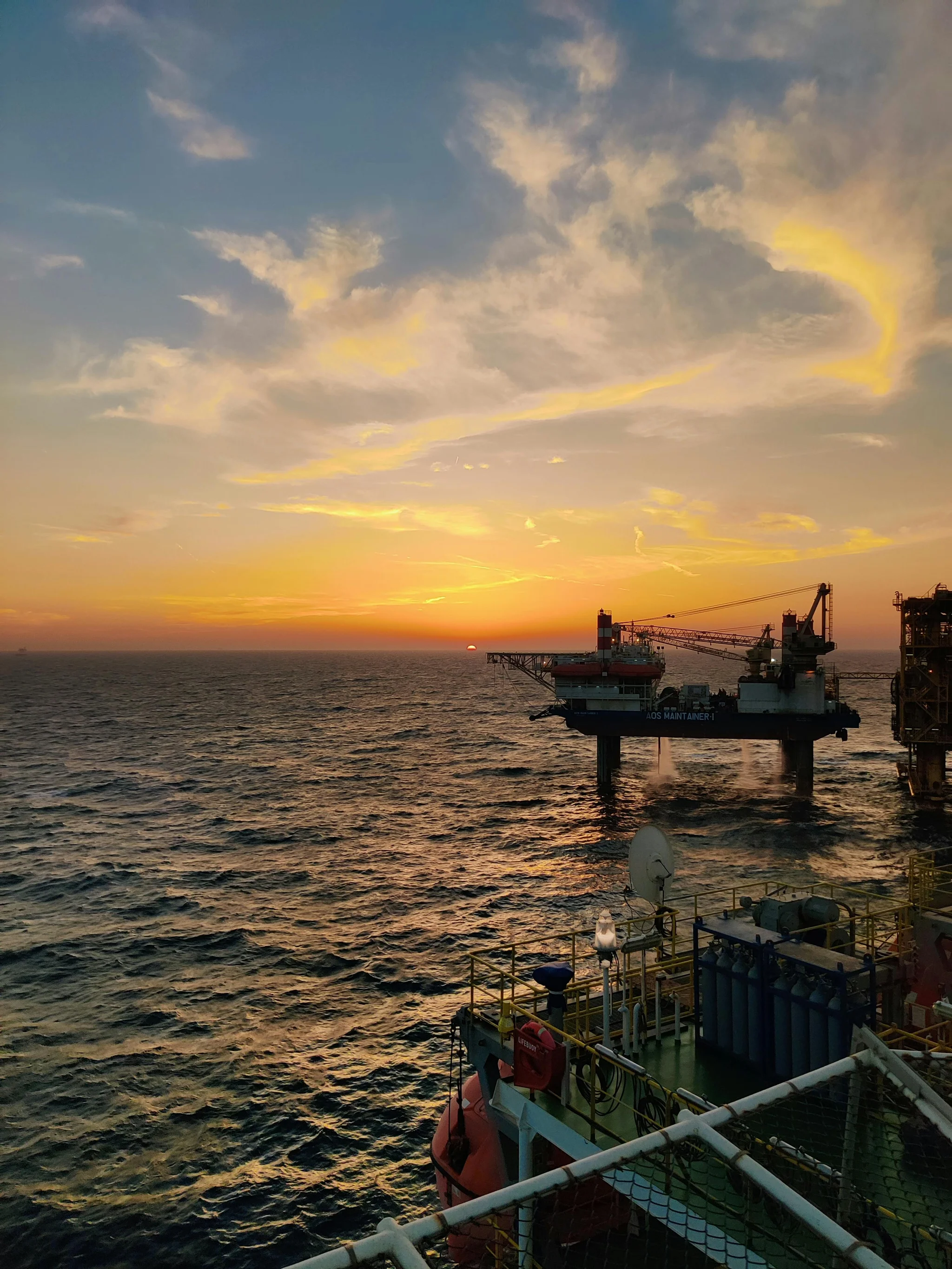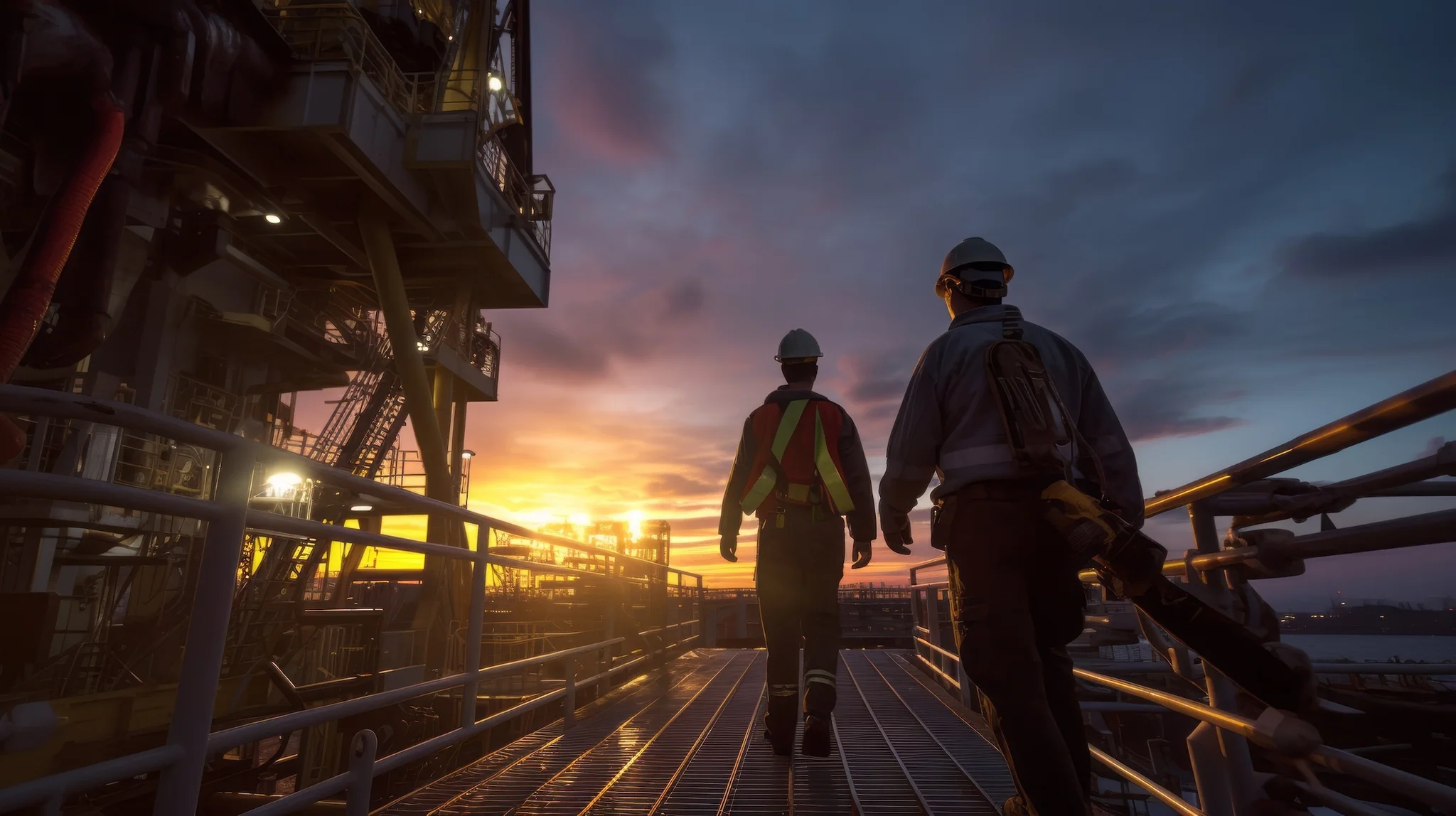
Oil and Gas
Engineering Jobs
Your next oil and gas engineering role starts here - explore global career opportunities.
Oil and Gas Engineering Job Disciplines
Our international oil and gas engineering recruiters support an extensive range of specialisms, professions and disciplines, across the sector.
Chemical
Create cleaner, smarter processes for oil and gas production. Chemical Engineers develop efficient systems for refining, processing and environmental compliance. Build a sustainable future by applying your chemical expertise to global energy challenges.
Commissioning
Turn designs into performance. Commissioning Engineers oversee the testing and start-up of oil and gas facilities, ensuring all mechanical, electrical and safety systems operate as intended. Be the crucial link between project design and production success.
Digital
Drive the digital transformation of the energy industry. Digital Engineers in oil and gas use data analytics, artificial intelligence and automation to improve drilling performance, reduce downtime and optimise production. Explore careers that bring together innovation and technology in energy engineering.
Drilling
Shape the future of energy exploration. Drilling Engineers design, plan and deliver safe and efficient well operations. Join a team that uses advanced drilling technology to access new resources and provide reliable energy to the world.
Electrical
Power vital operations across offshore and onshore facilities. Electrical Engineers design, maintain and upgrade control systems and power networks that keep the energy sector running safely and efficiently.
Environmental
Protect the planet while driving progress. Environmental Engineers manage emissions, waste treatment and environmental impact assessments for oil and gas projects. Lead sustainability initiatives that shape the future of responsible energy production.
Facilities
Design and optimise the infrastructure behind every successful energy project. Facilities Engineers bring together multiple engineering disciplines to support safe, reliable and efficient oil and gas operations from design through to maintenance.
Hydraulic
Control the flow of vital energy resources. Hydraulic Engineers design and manage systems that transport oil, gas and water through complex networks, ensuring performance, reliability and safety throughout operations.
Marine
Support offshore exploration and production through advanced marine systems. Marine Engineers maintain vessels, subsea structures and offshore platforms, ensuring reliable operations in challenging ocean environments.
Mechanical
Innovate and maintain the machinery that powers global energy. Mechanical Engineers design and optimise rotating equipment, pipelines and mechanical systems that are essential to oil and gas production and transport.
Production
Optimise output from wellhead to refinery. Production Engineers use data and technology to improve flow rates, minimise downtime and enhance recovery efficiency across oil and gas operations.
Reservoir
Maximise the value of every energy reserve. Reservoir Engineers use advanced modelling and simulation to predict performance, improve recovery rates and ensure the efficient use of natural resources.
Safety
Champion safety and reliability across every stage of oil and gas operations. Safety Engineers design systems, procedures and training that protect people, assets and the environment.
Oil & Gas Engineering Jobs
Engineers are at the heart of every major oil and gas project. They design drilling programmes, optimise production, manage offshore facilities, and keep projects safe and efficient. Whether you’re involved in exploration, extraction, or transport, your expertise directly impacts global energy delivery.
At Orion, we recruit for a wide range of engineering positions, including:
Completions Engineers
A completions engineer designs and oversees the final setup of oil and gas wells so hydrocarbons can safely and efficiently flow from the reservoir to surface.
Drilling Engineers
A drilling engineer plans, designs, and oversees the safe, efficient, and cost‑effective drilling of wells to extract oil and gas from underground reservoirs.
Facilities Engineers
Facilities engineers in oil and gas plans, designs, builds, and maintains the surface production facilities and infrastructure (like platforms, pipelines, and processing plants) needed to safely and efficiently produce, treat, and export hydrocarbons while meeting regulatory standards.
Petroleum Engineers
They design and manages safe, efficient methods to extract oil and gas from underground reservoirs, from planning wells to optimising production and recovery throughout a field’s life cycle.
Production Engineers
Typical responsibilities include monitoring well and field performance, analysing production data, optimising production rates, troubleshooting flow or equipment issues, coordinating with field operations, and planning interventions or maintenance to sustain safe, efficient output
Reservoir Engineers
They evaluate underground oil and gas reservoirs to predict how much can be produced over time using geological and engineering data. They design and optimize development and recovery strategies to maximise economically recoverable hydrocarbons while protecting reservoir integrity.
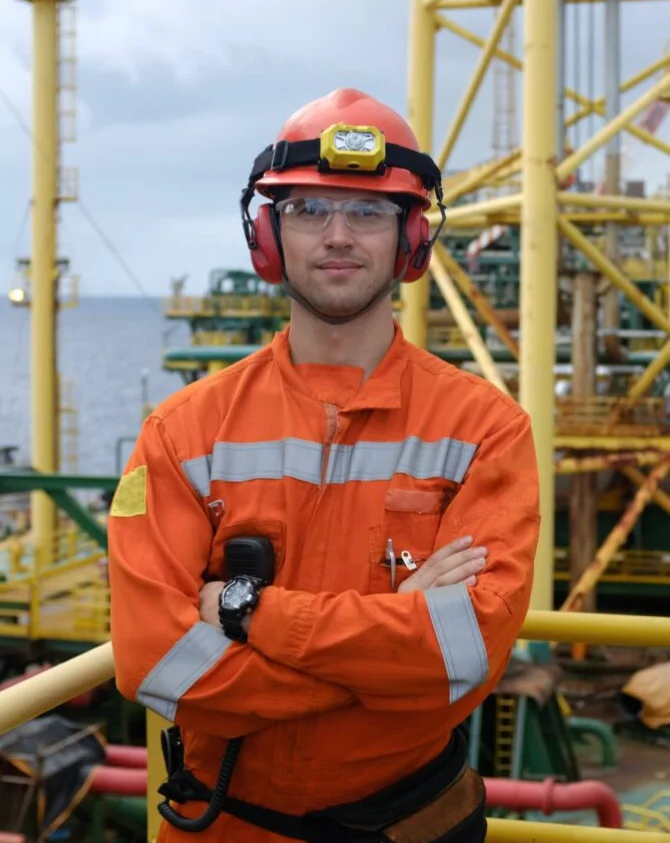
Where we recruit engineers
Benefits of working as an Oil and Gas Engineer
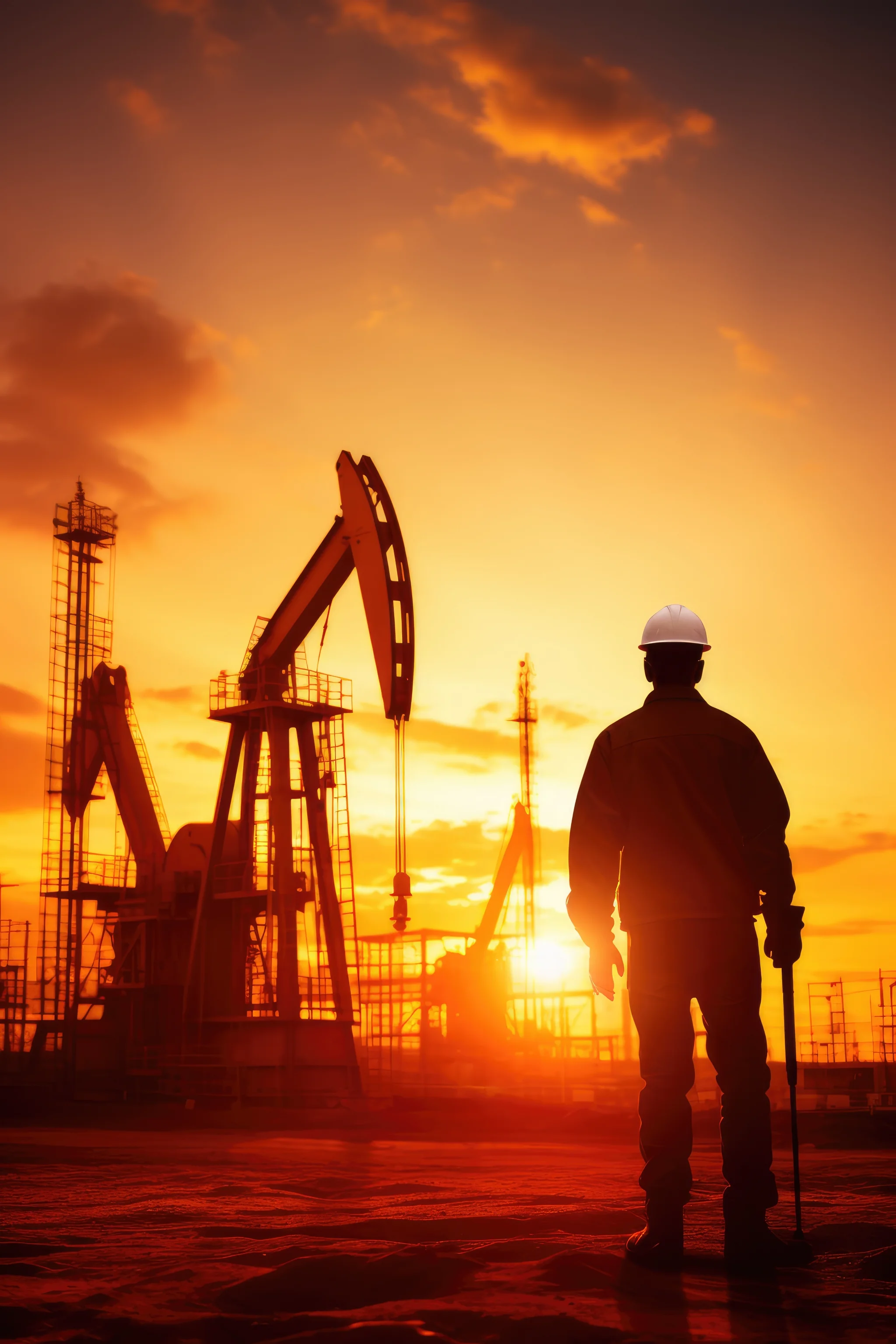
-
1. High salaries and competitive packages.
-
2. Career progression across multiple specialisms.
-
3. Work at the forefront of technology and innovation.
-
4. Global demand creates long-term job security.
-
5. Rotational schedules offering flexibility and work-life balance.
Oil & Gas Job Hints & Tips
Featured Oil and Gas Engineering Jobs
Insights
Resources for Engineers
FAQs about Oil and Gas Engineering Jobs
What qualifications do I need for oil and gas engineering?
Most roles require a degree in engineering (mechanical, chemical, electrical, or petroleum), along with offshore safety certifications for certain projects.
How much do oil and gas engineers earn?
Salaries vary by role and region, but engineers are among the highest paid professionals in energy, often earning well above industry averages.
What is the typical work schedule for engineers offshore?
Rotational work is common — usually two weeks on, two weeks off, though some projects may run on three-week rotations.
Where are the biggest opportunities for oil and gas engineers right now?
The Middle East, North Sea, and North America remain strong, with new growth in LNG and offshore projects in Asia-Pacific.
Can contractors build long-term careers in engineering?
Yes — many engineers build successful careers moving between contract roles. Orion supports contractors with market insights, visas, and deployment support.
Apply for Oil and Gas Engineering Jobs with Orion Group
Whether you’re a graduate engineer starting out or a senior professional ready for your next move, Orion can help you find the right role.
Browse our latest oil and gas vacancies or register your CV to get job alerts, straight to your inbox.
